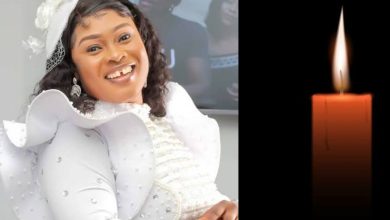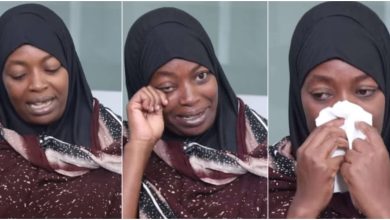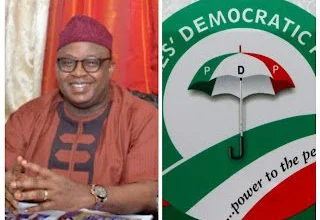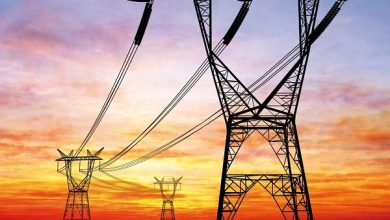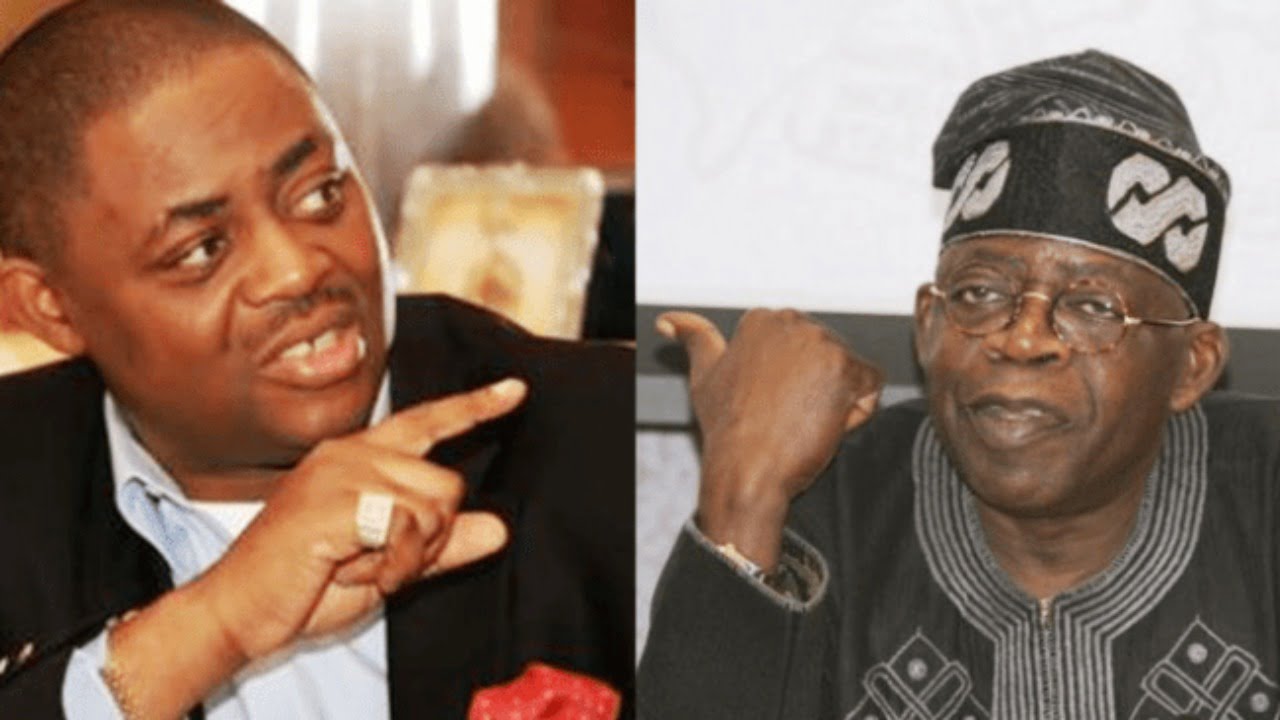
PDP Chieftain, Chief Femi Fani-Kayode was recently our guest on City People TV Instagram Live Chat. He spoke on a lot of issues including why he parted ways with Asiwaju Bola Tinubu. Below are excerpts of the chat.
Let’s talk about the lessons that you learnt from your recent face-off with the Daily Trust Journalist in Rivers State…
Well, I have said all I have to say about that and don’t want to say anything more. The lessons that have been learnt are self-evident, and anybody that needs to know should go back to the full interview I gave while I was in Akwa Ibom. But of course, what I will say is this: That nobody is above making mistakes.
And like I said, if out of 100, you make a mistake once or twice, perhaps 2 or 3 times. That means you’re human. Nobody is above making that.
But lesson one must learn from that is that you must be on your guard at all times, no matter irritable or tired you are, and no matter how insulted you feel, you still have to maintain your cool, especially if you claim to be a leader or a public figure. That’s what I personally learned from it, and I’m sure everyone must have learnt one or two lessons about what to say and what not to say. And what’s important for you to apologize when you got it wrong. It takes courage to do that. And, of course, I do that, at any point in time when I make mistakes, I’ll be the first to say, look I got it wrong here, it wasn’t my best day, and I’m sorry. I’m very proud of what I did there. And if I was to make the same mistake again, which I hope I won’t, I will say sorry all over again.
You are very active on social media. How do you manage to endure social media criticism?
Look Seye, you’ve been in the game for many, many decades. My own position is this; if you are in a position of authority or power, or if you claim to be a leader or an influence moulder, and if you are ready to dish out things against those you feel have not got it right, particularly if you are against the government, or you are against any individual, living or dead, you think you can say anything about them within the framework of the law, you should be able to take as well. You can’t give punches and don’t want to receive punches. I learnt a long time ago in that respect I’m very much like President Obasanjo. You can abuse me from morning till night, it means nothing to me. And you know I wasn’t like that before now, I used to be so sensitive to matters that concern me.
You don’t respond to everything a lot of the time I don’t even respond when I was much younger. I already said this time also and I tend not to attack anybody unless they attack me first I tend not to be too hard on a counter-puncher essentially if I’m a counter-puncher and sometimes it’s not even worth a counter-punch there is some people for example that take pleasure in insulting other people’s family members. I have never done that and I will never abuse somebody’s mother somebody’s child because you disagree with them politically and don’t like that. I think that is despicable and when people do that to me because they do that a lot. I just ignore them and move on and focus on the issues.
I have taken a lot of punches over the years, but the greatest punch I have taken was while I was a spokesperson to President Obasanjo. and that was where I really learnt to be able to take punches. You remember that time very well, for three years. Trust me, there I was, relatively young and having to defend a very good man, who had a great record in public office, but who was misunderstood and misrepresented every day you know I got hit from left right and centre by all of my enemies, all of those against the president, and some who wanted to get at me because of my father, and this happens every day.
That’s why I said you should be able to take a punch. Don’t stay in the kitchen if you can’t take the heat, stop getting even with important people in public offices if you know you can’t take as good as you can give. So, that’s just the way I’m configured now. Now, it’s amazing you know. And really that’s what gets me going. You know what hurts me the most. Let me tell you, it is to be ignored. You know it really do sound strange, but if you respond whichever way, it shows that you have seen and believed I am worth responding to, but if you ignore me,
The worst you could do to somebody and you know, as a writer or commentator or politician is to say, I’m not gonna respond to that, and I do that a lot now when people attack me. Sometimes, I don’t respond, but often I do. I found out that is far more painful than to be attacked directly. Sometimes, I actually enjoy being attacked because that means that it is evident of the fact that I have touched your nerve. So, what I try to do is this, in all my commentaries, in all my communications, I try my best to be factual, I do my research before I say anything or before I write anything. That is very very important and I’ll say 9 times out of 10 anything I have said are with facts and figures. And I also know the history of this country. Usually, I know the history of anybody I am talking about or that I am talking to. So, we manage to cope. We thank God.
I’ll like you to share with us your relationship with Yoruba leaders?
Well, Baba Ayo Adebanjo is my father. He’s like a father to me. He started politics with my father, the Action Group Youth wing in the 40s. He’s still alive. He’s kicking, he’s running Afenifere. I take directions from him on many issues. And, of course, President Obasanjo is also a father to me. He’s my political father. He’s the one who brought me to the limelight. He’s also very much alive, in fact, I’m hoping to see him first thing tomorrow morning before I go back to the North. So, I have a good relationship with them as a father and son.
Aare Gani Adams is our Aare now, and he’s been a friend for many years. I am very close to him. Very close to the OPC and I’m proud to say that because the time it was set up, we needed the OPC, and we still need the OPC today. Most of the South Western governors, I know them very well, but just a few ones, like the one in Lagos, I don’t really know them, but the majority of them I know very well, some of them for over 40 years, we’ve had a relationship. So, if you look at all the groups, they are very few, Yoruba Summit Group. I am a member. I am a member of Afenifere, though I don’t attend the meetings as much as I ought to, I’m very proud of them. I love them. A lot of them. The Oodua Groups too. Self-determination groups too. I’m a great fan of theirs. I have advocated a lot of what they have said. I’m a believer in self-determination, and I believe if you want to keep the people in a federation, you have to treat them well. So, I believe the right to self-determination is a positive thing. And I have learnt from our leaders over the years, the power of restrain and wisdom. The Southwesterners are very sophisticated in their politics. They are not brazen. They are not obvious when they chose to go in a very particular direction. That’s why I always tell people, the worst enemy you can have is a south westerner, and I tried to shy away from having conflicts with the southerners. I know such conflict will go from generation to generation.
Others have their own traits, and they also have positive traits too as well. The people from the South are very courageous, they don’t fear anything. They go straight to the battle and they don’t think twice about it. And that’s also commendable and, of course, other zones have their own attributes. But I am very proud to be from the southwest. I have a very good relationship with southwestern leaders. Even many in the APC are friends of mine. People like Gov. Kayode Fayemi and Gov. Dapo Abiodun and others. We are close. We have been close for many years, people like former Governor Ayo Fayose, who is my brother and Gov. Seyi Makinde in Oyo State and so many.
So, we have a good relationship and for me, it’s a great pride to be from the South West. We may disagree on some issues, we are always arguing. We have different points of view. And that’s what makes it so beautiful, the fact that you can have diverse opinions, diverse views. But one thing I know about the leaders in the south is that when we see a common threat from outside, we all come together to face that threat, just like the June 12, and the NADECO years, and during Abacha years. Our relationship improves even after that.
So, what’s your relationship like with Asiwaju?
(Laughs). That’s an interesting question.
Asiwaju Bola Tinubu is someone I so much admired. Most people just have no idea. They don’t know what happened in June 12. They don’t know some of the struggles these people went through. About that time, we were very young, the contribution we made and the risk we took. The fight that we fought. Even you particularly, I remember how they were coming after you. How many of these young ones know about that. Today, they watch Big Brother Naija, they have no idea how passionate we carried the matter of Democracy. I remembered that time very well, it was like yesterday.
Tinubu was a leading light in that struggle. He was in exile like so many of us and he did so much for NADECO. He inspired us. I was in Ghana at the time. We used to hear to wait for this guy talk and we will take direction from him. When I came back to Nigeria, he was the governor of Lagos State at the time. Even while I was with President Obasanjo, Akin Osuntokun and I were very close. And whenever there were messages between Tinubu and Obasanjo, I will always pass the message between them; some good and some not so good. So we were very close. And I will always say this about Tinubu because I never forget a favour. You know when I was nominated as a minister, Asiwaju ordered his men, and I believe it was AD at the time, Alliance for Democracy I think. Every single one of them supported my nomination. And I will never forget that. The whole of the South and the Middle Belt and the North East supported me. So, I will never forget the role Asiwaju played in directing the members of his party to support my nominations and not only that, people he supported to rally round strong party members from the AD, to back me up.
Our point of departure came many years later, and it wasn’t about PDP or APC, that wasn’t an issue because we were still close. Our point of departure came on the issue of Buhari and the Presidency of 2015. If you remember before then, I was with him, I was in the newly emerging opposition group and APC has not come forward with a candidate, but I left PDP for 9 months or so and I was with them, and I was not very impressed with what I saw. What I realised at some point was that the party had a religion bent and had a northern bent. In other words, it is out to promote certain objectives, which I am not comfortable with. And I remembered I told Saraki and I told Asiwaju my mind. I remembered when we went to see Obasanjo, I was in the group that went to see Obasanjo. I was in the group that went to see Atiku before he joined them. So, I was actively involved and I could. Initially, I was very encouraged because it was strong opposition. But while it was emerging, I realised that it was a dangerous dimension. I shy away from religious politics. I shy away from ethnic politics. And I can see these two coming together in a unit forming a political party and opposition, and I wasn’t prepared to be a party to that.
And I told them when I was leaving that I won’t be leaving badly, but I will tell the world what you people are doing that is dangerous, and it’s a Muslim-Muslim ticket for the APC. I was the one who spoke about it and criticized it effectively, and I remembered Obasanjo. So, I believe that was our point of departure. I believe Asiwaju is just too big to say he will join such a sectional party. So, I left and returned to where I came from and I played a key role in the opposition of Buhari’s candidacy in 2015 and I worked with Jonathan, and I gave as good as we got. And I told the PDP these APC people are very dangerous, with the way the party was going we have to give them fire for fire, but the PDP stakeholders are very gentle. But when it dawned on them, they came to me and told me I was right. All the things I said they were capable of were what they did. It was prophetic.

